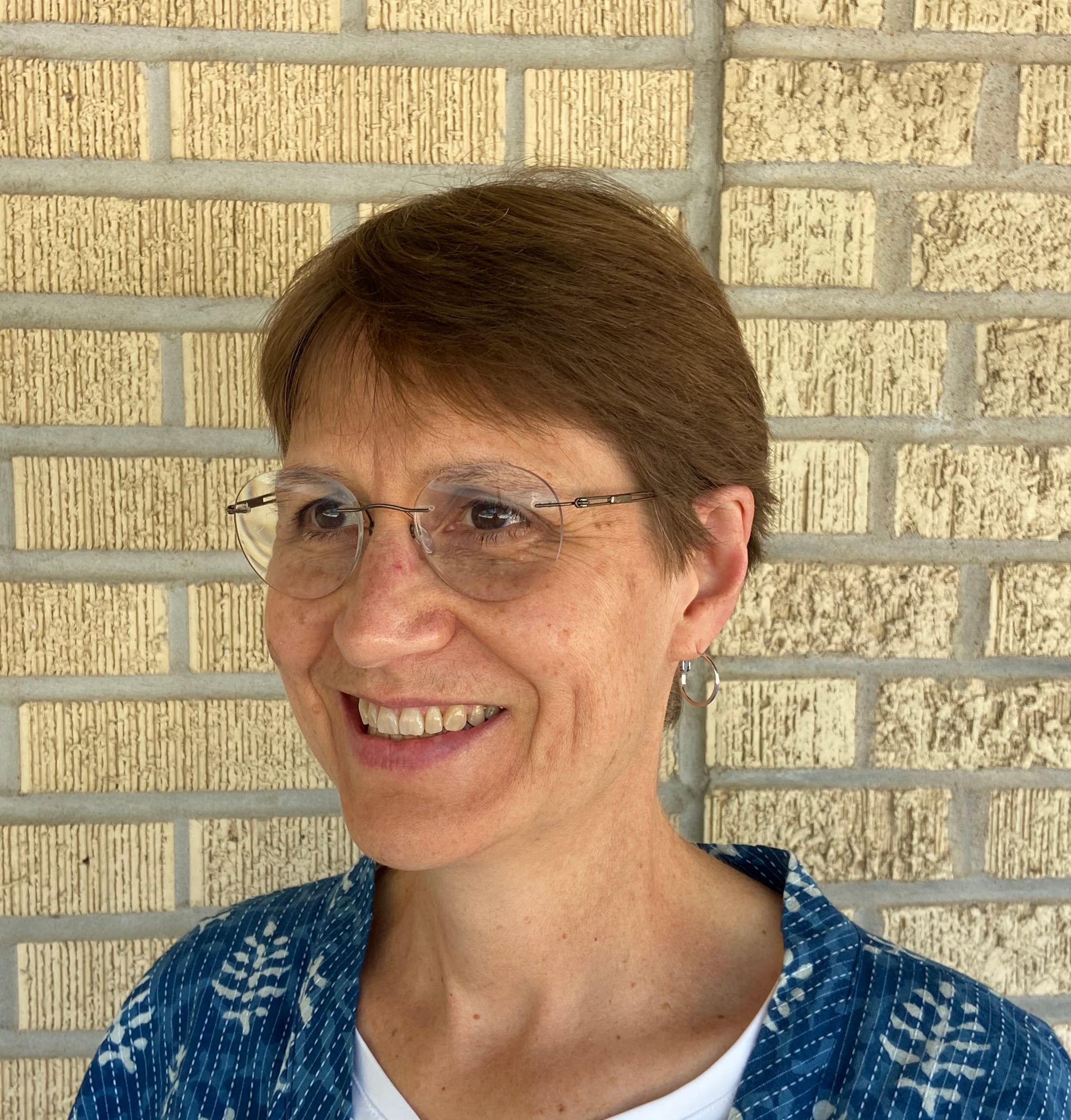 Heidi Regier Kreider has been the conference minister for Western District Conference since 2015. She previously served as pastor at congregations in Kansas and Florida. Heidi and her husband, David, live in North Newton, Kansas, where she finds joy and renewal in gardening, cooking, reading, connecting with family and friends, and walking on the local Sand Creek Trail.
Heidi Regier Kreider has been the conference minister for Western District Conference since 2015. She previously served as pastor at congregations in Kansas and Florida. Heidi and her husband, David, live in North Newton, Kansas, where she finds joy and renewal in gardening, cooking, reading, connecting with family and friends, and walking on the local Sand Creek Trail.
_____________________________________________________
On February 24, Russian military forces invaded Ukraine. That same morning my devotional reading included Jesus’ words in Luke 6: “Blessed are you who are poor, for yours is the kingdom of God. Blessed are you who are hungry now, for you will be filled. Blessed are you who weep now, for you will laugh. . . . But woe to you who are rich, for you have received your consolation. Woe to you who are full now, for you will be hungry. . . . Love your enemies, do good to those who hate you . . .” (vv. 20, 21, 24, 25, 27).
As the morning news filled with reports of the crisis in Ukraine, my heart and mind filled with many feelings and questions. I grieved the poverty, hunger, weeping and death that warfare causes. And I wondered: Do Jesus’ words apply only to personal relationships, or are they also relevant for national or global conflicts? How does love for enemies relate to holding perpetrators of evil accountable for the violence they cause, protection of those vulnerable to violence and care for the victims of violence? Where do we find ourselves when the poor are blessed, the rich are brought down, enemies are loved and the wicked are invited to be transformed by God’s mercy? What does it mean to be a follower of Jesus in a time of war?
Mennonites have interpreted Jesus’ words as a call to non-violence, to care for the suffering and to speak truth to power. These are faithful forms of witness. As the crisis in Ukraine deepens, I want to join with others to protest war, support refugees, pray for victims of violence and advocate to governments for alternatives to military response. Helpful resources for peacemaking are available from Mennonite Church USA , Mennonite World Conference and Mennonite Central Committee.
Even more deeply, Jesus’ words press me to examine how I participate in the very systems of violence that I grieve and protest.
In her book, “Resisting Structural Evil: Love as Ecological-Economic Vocation,” Cynthia D. Moe-Lobeda writes, “It is a context of economic and ecological violence that shapes our moral relationships with self, neighbor around the globe, and Earth itself” (p. xviii). Applied to the current crisis in Ukraine, this is a reminder that warfare and military violence is almost always rooted in economic and ecological factors, such as control of wealth and access to natural resources. Our lifestyle as Americans — dependent on fossil fuels, extractive use of natural resources, unlimited consumerism and profit-driven capitalism — perpetuates poverty, ecological destruction and war around the world. As an American, I too am the “enemy,” complicit in and benefiting from structures that cause suffering for others.
In the midst of this web of economic and ecological relationships, Jesus’ words “Blessed are the poor,” “woe to you who are rich” and “love your enemies” are not simply moral platitudes. They are a liberating call to embrace God’s sustainable lifestyle of love and justice rather than remain trapped by structural violence.
As we pray for the people of Ukraine, speak out for peace and contribute to support refugees, let us also seek to understand the connections between our personal lives and the economic and ecological factors that contribute to violence, and let us ask: What reversals and radical changes is God calling us to participate in? May God grant us the understanding and courage to seek the reign of God, in which the hungry are fed, laughter replaces lament, and enemies are transformed by God’s powerful love and mercy.
The views and opinions expressed in this blog belong to the author and are not intended to represent the views of the MC USA Executive Board or staff.

